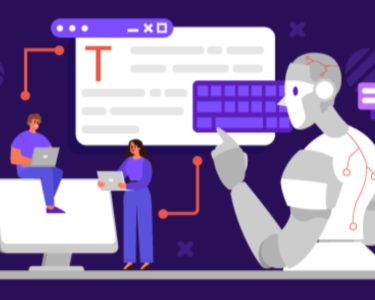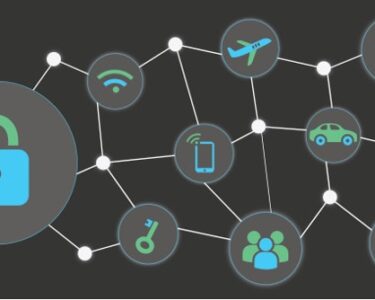
Artificial Intelligence in Healthcare: Transforming Patient Care
Introduction
Artificial intelligence (AI) is rapidly transforming the healthcare industry, offering unprecedented opportunities to improve patient outcomes and enhance the efficiency and affordability of care. From disease diagnosis to personalized treatments and remote monitoring, AI is empowering healthcare providers with powerful tools that augment their capabilities and lead to better patient experiences.
Disease Diagnosis and Prediction
One of the most significant applications of AI in healthcare is in the field of disease diagnosis. Machine learning algorithms can analyze vast amounts of medical data, including patient records, lab results, and imaging scans, to identify patterns and make predictions about the presence or risk of diseases. AI algorithms have been shown to be as accurate or even more accurate than human clinicians in diagnosing conditions such as cancer, cardiovascular disease, and diabetes.
Personalized Treatment Planning
AI is also being used to personalize treatment plans for patients. By considering individual patient factors such as genetics, health history, and lifestyle, AI algorithms can generate tailored recommendations for medications, dosages, and treatment strategies. This approach helps optimize treatment efficacy and reduce the risk of adverse events.
Precision Medicine and Drug Discovery
AI is playing a crucial role in the advancement of precision medicine, which aims to identify the most effective treatments for individual patients based on their genetic makeup. By analyzing genetic data and other patient information, AI algorithms can help identify patients who are more likely to respond to certain therapies or who are at higher risk for certain diseases. This knowledge can lead to more targeted and personalized treatment approaches.
Remote Monitoring and Telemedicine
AI-powered remote monitoring devices are enabling patients to track their health parameters in real-time from the comfort of their own homes. These devices can collect data on vital signs, activity levels, and other health metrics, which can be analyzed by AI algorithms to detect potential health issues or exacerbations. AI-powered telemedicine platforms also allow patients to connect with healthcare providers virtually, making it easier to access care for those who live in remote areas or have mobility issues.
Automated Medical Imaging Interpretation
AI algorithms are being used to automate the interpretation of medical images, such as X-rays, MRI scans, and CT scans. These algorithms can quickly and accurately identify abnormalities or suspicious findings, helping radiologists to make faster and more informed diagnoses. AI-assisted medical imaging can also be used to monitor disease progression over time and evaluate treatment outcomes.
Drug Safety and Efficacy Monitoring
AI is being used to monitor drug safety and efficacy in real-time. By analyzing reports of adverse events and patient outcomes, AI algorithms can identify potential safety concerns or inefficiencies in medications. This information can be used to make rapid decisions about drug withdrawals, dosage adjustments, or the need for further research.
Administrative and Operational Efficiencies
AI is also being applied to administrative and operational aspects of healthcare, such as appointment scheduling, financial management, and fraud detection. AI-powered chatbots can provide patient support, answer questions, and guide patients through complex processes. AI algorithms can also analyze data to identify inefficiencies and areas for improvement, leading to cost savings and enhanced productivity.
Challenges and Ethical Considerations
While AI holds immense promise for healthcare, there are also challenges and ethical considerations that need to be addressed. These include data privacy, algorithm bias, and the potential for AI to replace human clinicians. It is important to develop ethical guidelines and ensure that AI is used responsibly to augment the capabilities of healthcare professionals rather than replace them.
Conclusion
Artificial intelligence is revolutionizing healthcare by empowering providers with advanced tools to improve diagnosis, personalize treatments, monitor patients remotely, enhance safety, and streamline operations. As AI technology continues to evolve, it is likely to play an even greater role in shaping the future of healthcare, leading to improved outcomes, increased accessibility, and reduced costs. With responsible use and ethical considerations at the forefront, AI has the potential to transform healthcare for the better, empowering patients and providers alike to achieve optimal health.


